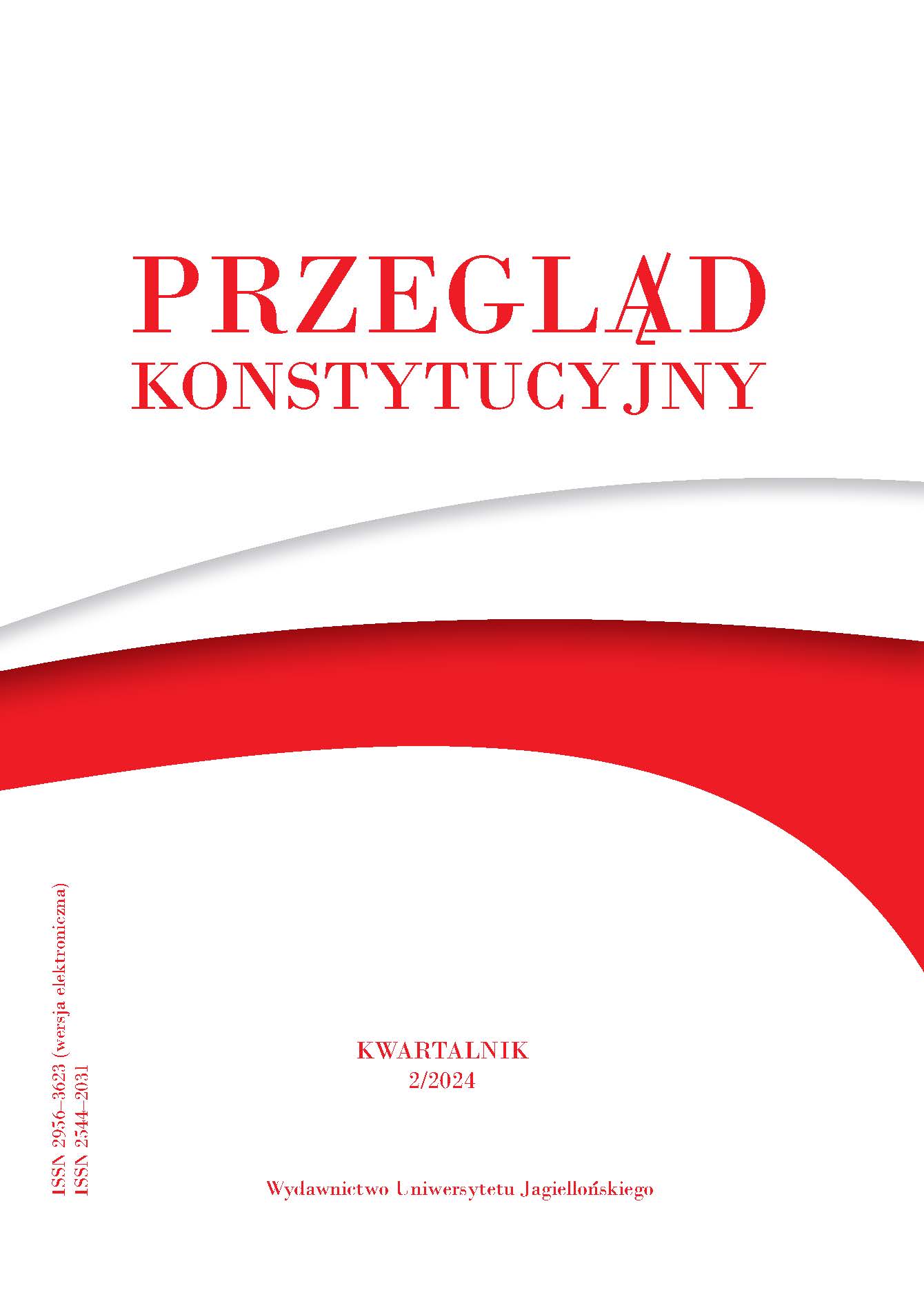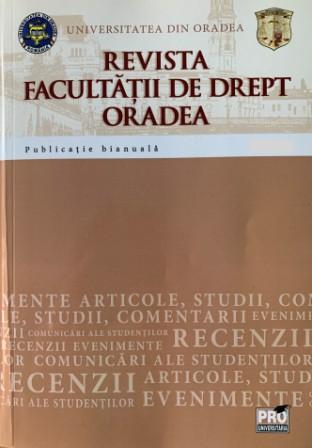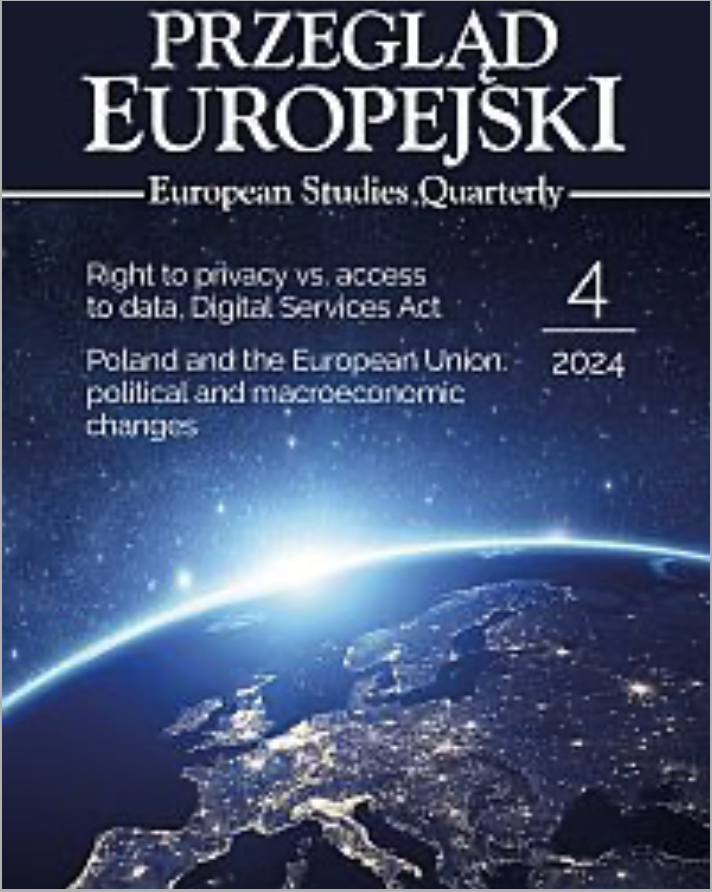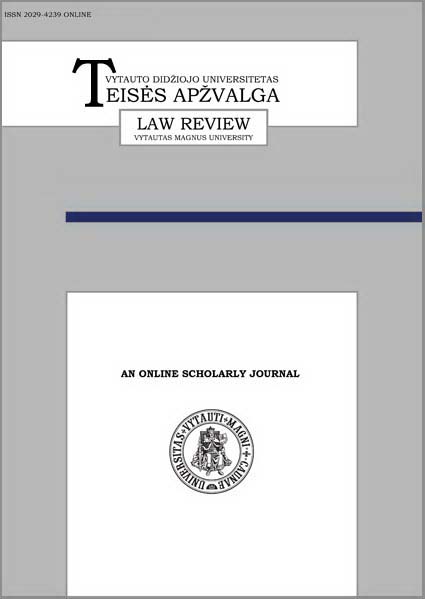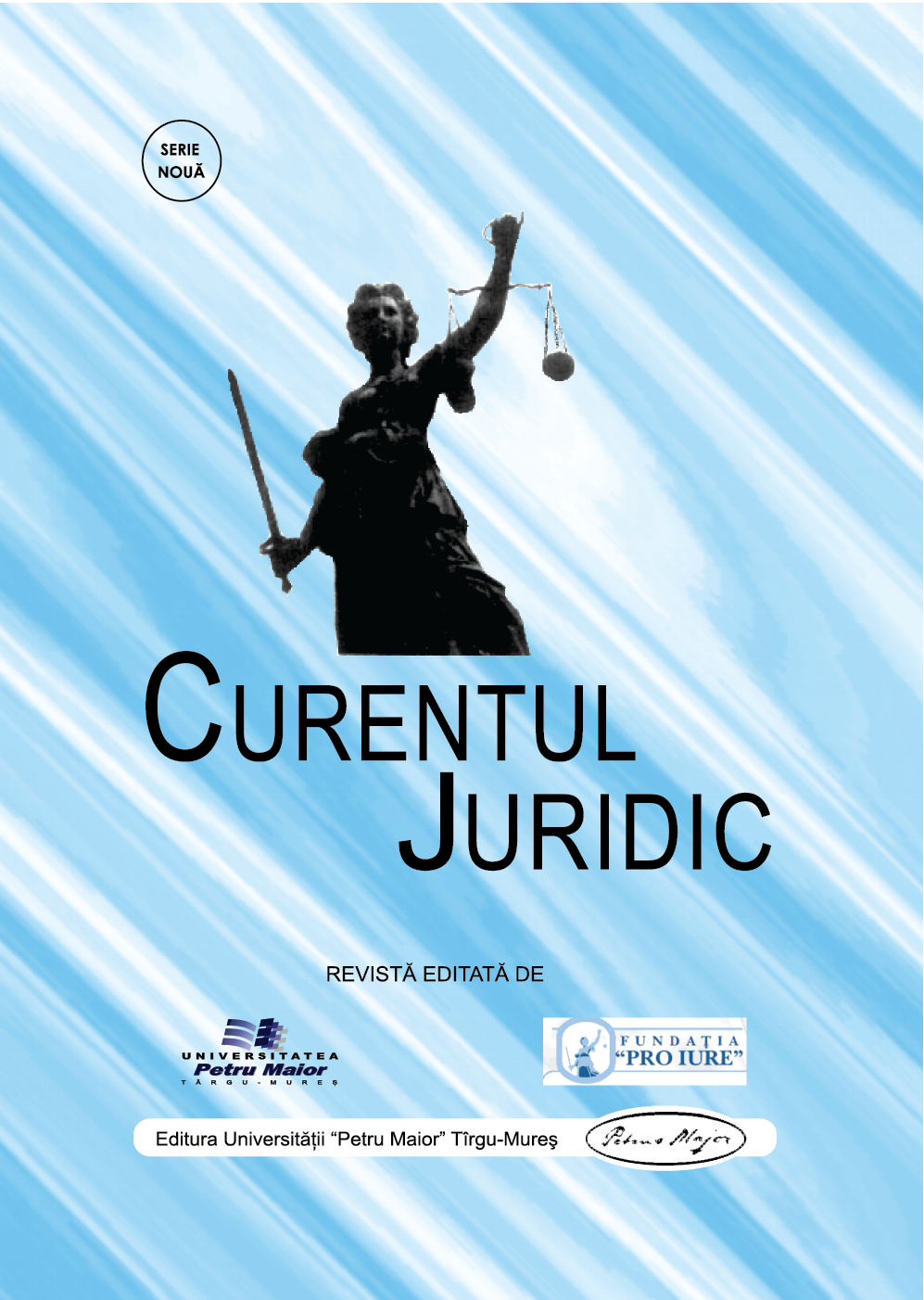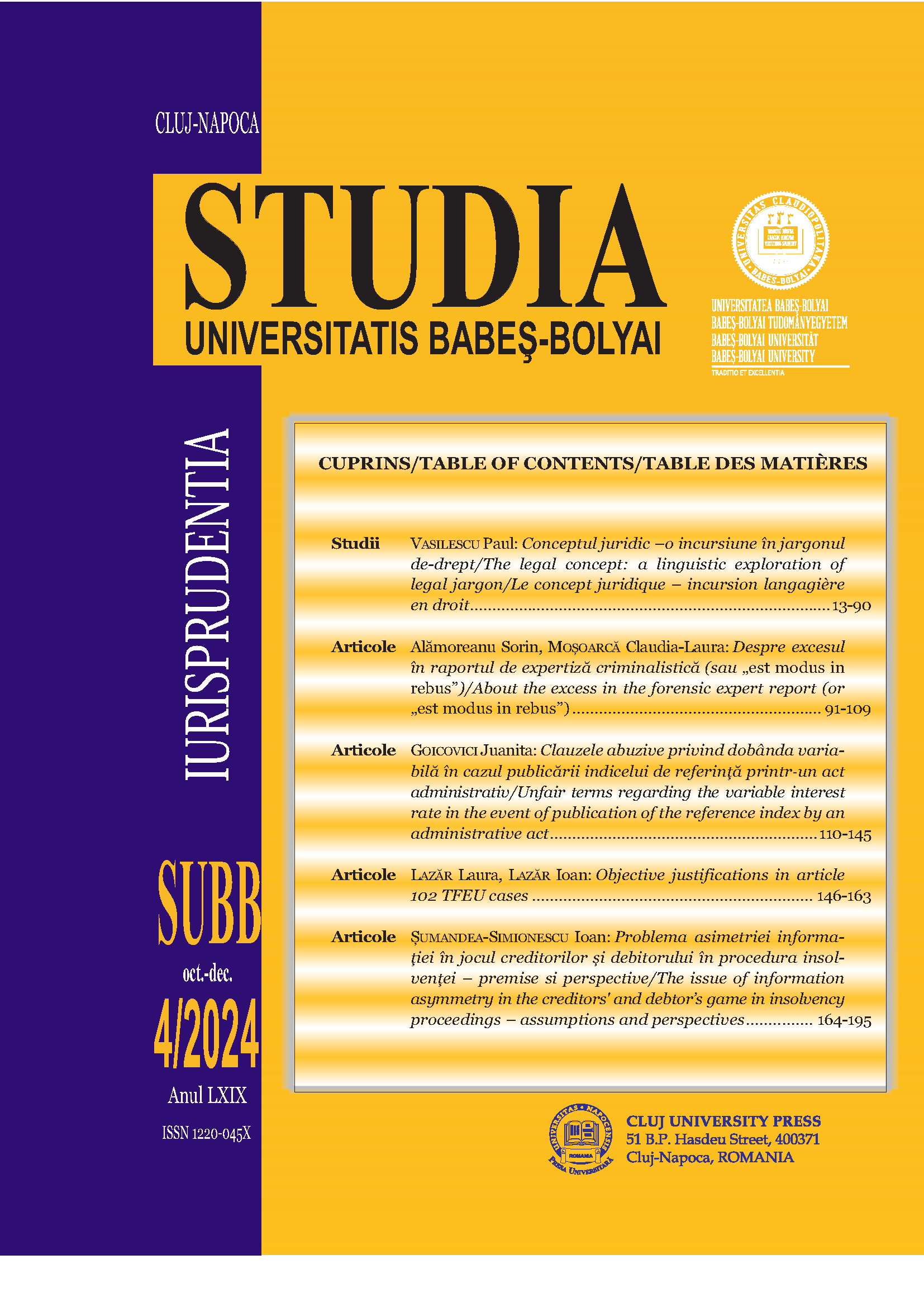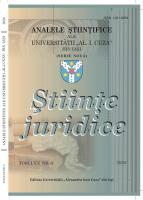Immunitet formalny członka Zgromadzenia Parlamentarnego Rady Europy
The immunity protection of members of the Parliamentary Assembly of the Council of Europe covers material and formal aspects. As parliamentarians, they also enjoy immunity under national law. In the case of a member of the Sejm of the Republic of Poland (Sejm deputy) who is a member of the Parliamentary Assembly, doubts arose as to the period of time during which he or she is entitled to ‘European’ immunity. The question also emerged as to what impact the waiver of a MP’s parliamentary immunity might have on this immunity. The article discusses the scope and procedure for waiving the formal immunity of a member of the Parliamentary Assembly, as defined in the regulations of the Council of Europe. On this basis, a legal assessment was made and conclusions were drawn regarding the issues analysed, as well as those relating more generally to the institution of formal immunity.
More...
